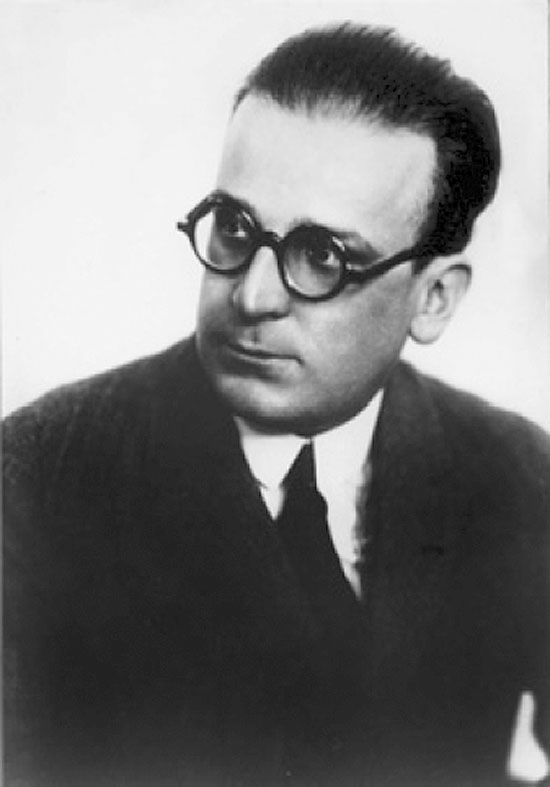Moriz Seeler on:
[Wikipedia]
[Google]
[Amazon]
 Moriz Seeler (1 March 1896 – ''after'' 15 August 1942) was a German poet, writer, film producer, and man of the theatre. He was murdered in
Moriz Seeler (1 March 1896 – ''after'' 15 August 1942) was a German poet, writer, film producer, and man of the theatre. He was murdered in
 Moriz Seeler (1 March 1896 – ''after'' 15 August 1942) was a German poet, writer, film producer, and man of the theatre. He was murdered in
Moriz Seeler (1 March 1896 – ''after'' 15 August 1942) was a German poet, writer, film producer, and man of the theatre. He was murdered in the Holocaust
The Holocaust, also known as the Shoah, was the genocide of European Jews during World War II. Between 1941 and 1945, Nazi Germany and its collaborators systematically murdered some six million Jews across German-occupied Europe; ...
.
Early life
Seeler was born in the small, provincial town of Greifenberg inPomerania
Pomerania ( pl, Pomorze; german: Pommern; Kashubian: ''Pòmòrskô''; sv, Pommern) is a historical region on the southern shore of the Baltic Sea in Central Europe, split between Poland and Germany. The western part of Pomerania belongs to ...
, Germany (now Gryfice in northwestern Poland), to a Jewish family. He moved to Berlin at the age of 15. His first verses are said to have been published as early as 1917–1918; the first collection of poems, ''Dem Hirtenknaben'', was issued in Berlin
Berlin ( , ) is the capital and List of cities in Germany by population, largest city of Germany by both area and population. Its 3.7 million inhabitants make it the European Union's List of cities in the European Union by population within ci ...
in 1919; another one, entitled ''Die Flut'', saw the light of day in Vienna in 1937.Moriz Seeler, ''Die Flut: Gedichte'' (Vienna, Buchhandlung Richard Lányi, 1937).
Biography
He is perhaps best known as the founding father of the Junge Bühne (‘Young Stage’), an avant‑garde matinee-theatre which came into being in Berlin in the spring of 1922. In 1927 he co‑authored the ''libretto'' toFriedrich Hollaender
Friedrich Hollaender (in exile also Frederick Hollander; 18 October 189618 January 1976) was a German film composer and author.
Life and career
He was born in London to a Jewish family, where his father, operetta composer Victor Hollaender, w ...
’s cabaret ''Bei uns um die Gedächtniskirche rum''. In June 1929 he co‑founded (together with Robert Siodmak and Edgar G. Ulmer) Filmstudio 1929, a Berlin production house. In 1929–1930 he co‑produced, together with Heinrich Nebenzahl, the silent ''quasi''-documentary film ''Menschen am Sonntag'', directed by Robert Siodmak (1900–1973) and starring Brigitte Borchert and Erwin Splettstößer, which shows a candid picture of life in Weimar-era Germany that was soon to vanish for ever.
In 1998 a small book written about him by Günther Elbin, ''Am Sonntag in die Matinee'', appeared in Germany.Günther Elbin, ''Am Sonntag in die Matinee: Moriz Seeler und die Junge Bühne: Eine Spurensuche'' (Mannheim, Persona-Verlag, 1998). Following this development, in November 2000, a memorial plaque was erected on the façade of the tenement at the Brandenburgische Straße 36 in what is now the Berlin borough of Charlottenburg-Wilmersdorf
Charlottenburg-Wilmersdorf () is the fourth borough of Berlin, formed in an administrative reform with effect from 1 January 2001, by merging the former boroughs of Charlottenburg and Wilmersdorf.
Overview
Charlottenburg-Wilmersdorf covers the w ...
, identifying the house as the locale where Moriz Seeler lived from 1916 to the mid‑1920s: the inscription refers to him as a ‘Jewish poet’, not a German one. In September 2002 a street, previously known as Franz‑Ehrlich-Straße, in another of the Berlin boroughs (that of Treptow-Köpenick
Treptow-Köpenick () is the ninth borough of Berlin, Germany, formed in Berlin's 2001 administrative reform by merging the former boroughs of Treptow and Köpenick.
Overview
Among Berlin's boroughs it is the largest by area with the lowest po ...
), was renamed Moriz‑Seeler‑Straße in his honour. The capital of Austria has had a street named Moritz‑Seeler‑Gasse (''sic'': not Moriz) since 1969.
His name is commonly spelt ‘Moritz Seeler’.
Disappearance
Having been imprisoned by the Nazis in November 1938, he is said to have been deported to Latvia, where he went missing in Riga, doubtless having fallen victim to theNazis
Nazism ( ; german: Nazismus), the common name in English for National Socialism (german: Nationalsozialismus, ), is the far-right totalitarian political ideology and practices associated with Adolf Hitler and the Nazi Party (NSDAP) in N ...
in one of that city's three Jewish ghettos (according to another account, he was murdered at the Theresienstadt
Theresienstadt Ghetto was established by the SS during World War II in the fortress town of Terezín, in the Protectorate of Bohemia and Moravia ( German-occupied Czechoslovakia). Theresienstadt served as a waystation to the extermination ca ...
concentration camp in 1943and this account, less well-known and less generally accepted, may well be the accurate one).
See also
*Cinema of Germany
The film industry in Germany can be traced back to the late 19th century. German cinema made major technical and artistic contributions to early film, broadcasting and television technology. Babelsberg became a household synonym for the early 2 ...
* Erich Heller (''s.v.'' Life in letters)
* Marieluise Fleißer
* List of German language poets
* List of people who disappeared
Lists of people who disappeared include those whose current whereabouts are unknown, or whose deaths are unsubstantiated. Many people who disappear are eventually declared dead ''in absentia''. Some of these people were possibly subjected to enfo ...
Notes